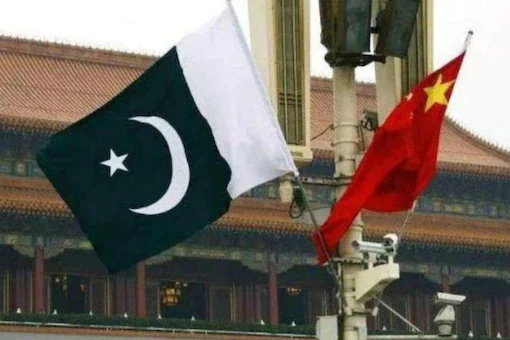The Taiwan visit of US House of Representatives Speaker Nancy Pelosi — which has seen an angry China respond with a flurry of military exercises, summoning the US ambassador in Beijing, and announcing the suspension of several agricultural imports from Taiwan — has also not gone down well with Beijing’s all-weather ally Pakistan.
After Russia, Pakistan has put its weight behind the One China policy, issuing a statement on Tuesday night that it supported “China’s sovereignty and territorial integrity”.
“Pakistan is deeply concerned over the evolving situation in the Taiwan Strait, which has serious implications for regional peace and stability. The world is already reeling through a critical security situation due to the Ukraine conflict, with destabilising implications for international food and energy security. The world cannot afford another crisis that has negative consequences for global peace, security and economy,” the country said.
It added that inter-state relations should be based on mutual respect, non-interference in internal affairs, and peaceful resolution of issues by upholding of principles of UN charter, international law and bilateral agreements.
While Pelosi is not the first House Speaker to go to Taiwan – Newt Gingrich visited in 1997 – her visit comes as relations between Beijing and Washington have deteriorated sharply, and with China a much more powerful economic, military and geopolitical force than it was a quarter century ago.
China considers Taiwan part of its territory and has never renounced using force to bring it under its control. The United States warned China against using the visit as a pretext for military action against Taiwan.
A long-time China critic, especially on human rights, Pelosi was set to meet later on Wednesday with a former Tiananmen activist, a Hong Kong bookseller who had been detained by China and a Taiwanese activist recently released by China, people familiar with the matter said.
Shortly after Pelosi’s arrival, China’s military announced joint air and sea drills near Taiwan and test launches of conventional missiles in the sea east of Taiwan, with Chinese state news agency Xinhua describing live-fire drills and other exercises around Taiwan from Thursday to Sunday.

